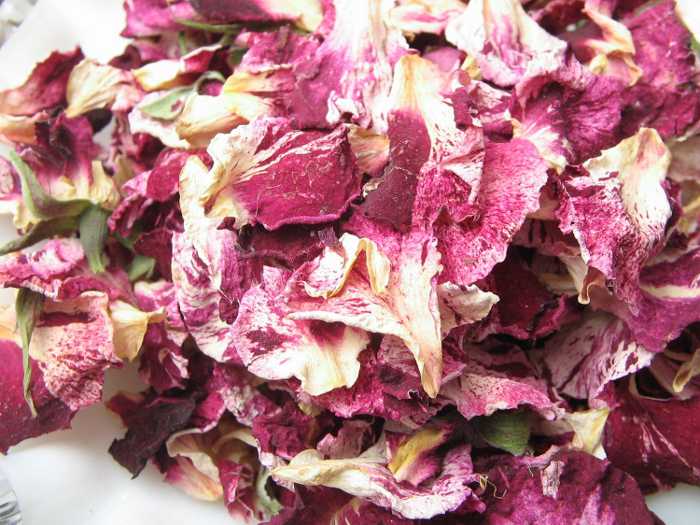FWP:
SETS == BASKIH; EK
JALVAH: {7,4}
SPRINGTIME: {13,2}
The double meaning of baskih works well here, providing two relationships between the lines. It can mean 'to such an extent'-- that we are so thoroughly devastated by her coquetry that there's nothing left of us in the grave. Or it can mean 'although'-- although we have been killed by her coquetry, there's no dead body, no 'dust', in our grave (contrary to what we might expect).
So what is in the lover's grave instead? Apparently nothing beyond jalvah-e gul , the glory/appearance of the rose. This might mean that the lover himself has merged into the beloved (or Beloved). But short of full mystical absorption, there are many mysterious halfway houses. Arshi points to the obscure but thought-provoking {14,5}, which seems to give to the dead lover's thoughts of beauty a kind of active power and virtue. And this active power need not even be confined to the mental or mystical realm: consider {39,2}, in which the lover's longing to kiss the beloved's feet causes fields of henna to grow for miles around his grave.
But there's another piquant thing going on in the second line. The postposition ke sivā actually means 'in addition to' (see the definition above). So a literal reading of the second line would be, 'there's no dust in our grave except rose-glory'. That is, jalvah-e gul is itself a kind of dust. Might this mean the dust of the mere garden rose, the flower, as opposed to the infinitely superior radiance of the beloved? Has the Rose obliterated the lover so completely that his dust has vanished, and only the traces of a few withered flowers that were buried with him remain? Or has he reached such a state of mystical self-lessness that even the radiance of the Rose herself is as dust to him now?
This verse belongs to the 'dead lover speaks' set; for others, see {57,1}.
This verse also recalls {7,4},
in which rose-glory and dust are similarly equated.

Nazm:
That is, in envisioning a single flourishing/springtime of coquetry, we died; and in the grave too, from that same vision, the radiance/appearance of the rose is before our eyes. (86)
== Nazm page 86